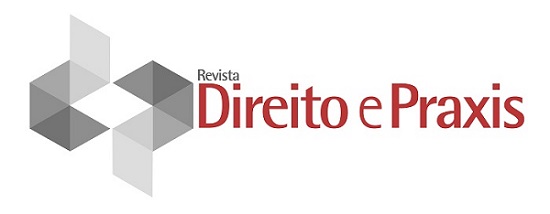Abstract
The paper discusses how the Act n. 13.467/2017 impacted collective bargaining in Brazil. Through empirical and theoretical subsidies and based on the historical and dialectical materialist method, the investigation shows that (i) the extinction of the union contribution resulted in reduction and qualitative retraction - from the reference of the working class - of collective bargaining; (ii) that collective bargaining was concentrated in categories with greater tradition and union articulation; (iii) that the weakening of unions and the consequent reduction in the scope of individual labor protections did not provide the expected heating up of the capitalist economy in the country in times of crisis, a fact that demonstrates the functional role fulfilled by labor law for the reproduction of the social relationship of capital.
Keywords:
Capitalist crisis; Collective bargaining; Union contribution
